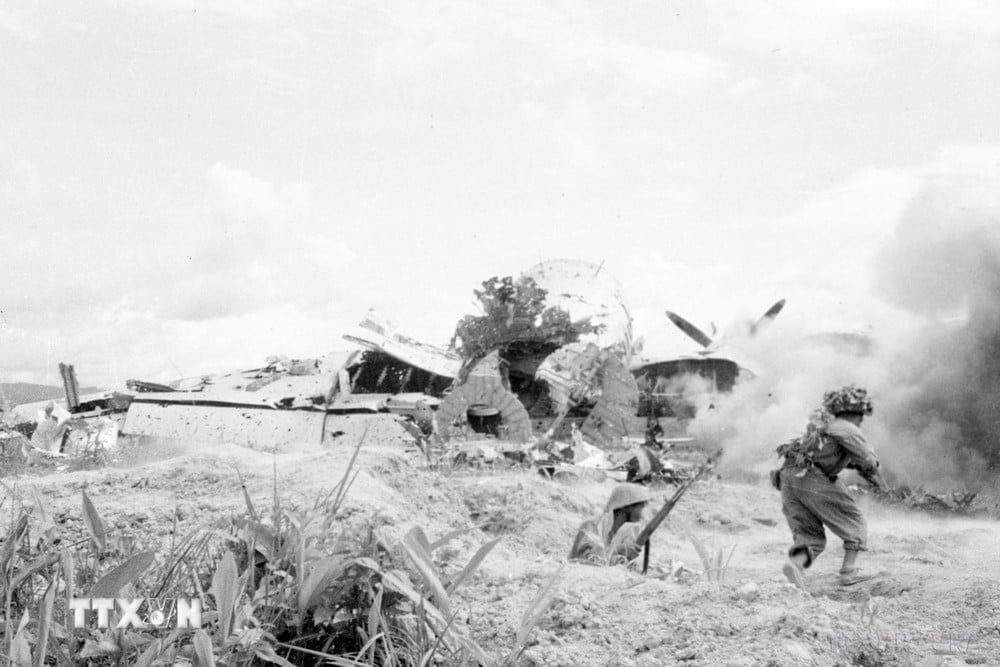
The most fierce counterattack occurred on April 24, 1954, with the aim of pushing our troops out of the airport. As a result, the enemy was partially destroyed, our positions were still held, and the airport was still controlled by our troops.
The counterattack on April 24 was extremely fierce, aiming to push our troops out of the airport.
Continuing to implement the policy of getting closer to the enemy's attack and siege positions, our positions are getting closer and closer to the enemy; our firepower of all sizes always threatens the enemy.
The book Historical Chronicles, Volume 2, “ The Thirty-Year Battle, ” published by the People’s Army Publishing House in 1985, clearly stated: “On the one hand, our army attacked and destroyed each enemy stronghold, repelling their counterattacks; on the other hand, we promoted the competition of sniping the enemy. The sharpshooters, machine gunners, mortar shooters, and artillerymen tried their best to snipe the enemy, causing the enemy to be increasingly worn out, with casualties piling up, their morale declining, always fearful and tense, not daring to move, and any name that showed up from the battlefield was shot dead by our army. Our brave teams penetrated deep into the enemy’s heartland, destroyed their warehouses, and exhausted their vitality.”
Our army took advantage of the trenches dug close to the enemy's position, applying the tactic of gradually encroaching. The enemy panicked and gradually retreated. After several days of encroachment and sniper fire, the enemy's morale visibly declined.
On the night of April 22, after only one hour of attack, we took the fort and captured 117 prisoners. After interrogating the prisoners, knowing that the enemy radio station had been destroyed from the very first minute, our troops fired machine guns in all four directions, tilting upwards. Hearing the gunfire, De Castries thought that his troops were still resisting in the stronghold, so he did not allow artillery fire. Our troops properly consolidated the fortifications and the battlefield.
The siege of our army became tighter and tighter, the fighting became more and more fierce.
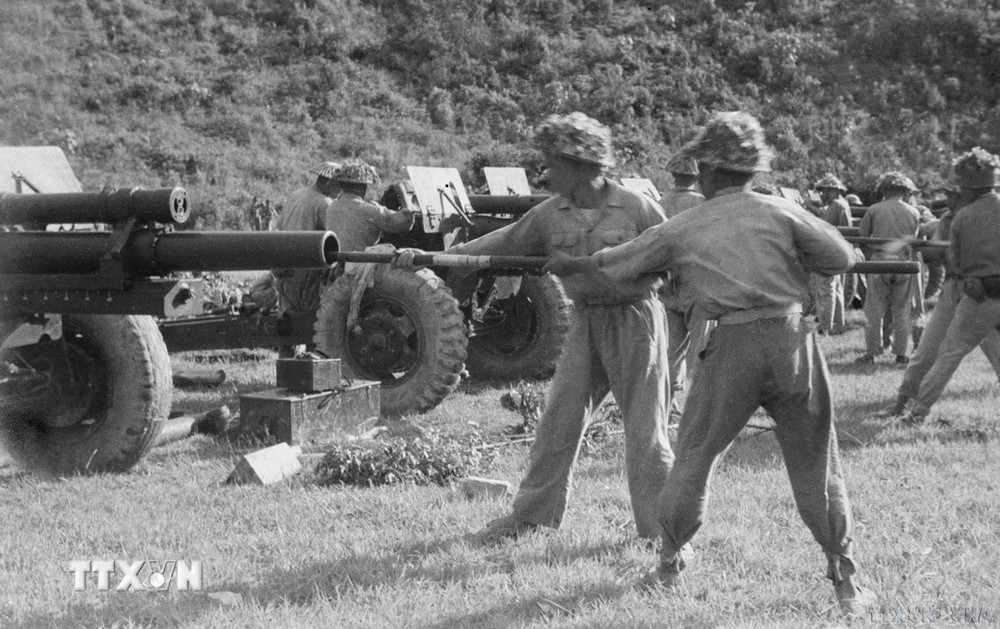
The enemy continuously organized many fierce counterattacks, with mechanized and air support, to push back our positions. The counterattack on April 24 at stronghold 206 was extremely fierce, with the aim of pushing our troops away from the airport.
The enemy air force dropped 600 bombs. When the paratroopers advanced to assemble at position 208, they were intercepted by our howitzers and some were destroyed. They still advanced in two wings to the airport. When they encountered the position of the 213th company, they rushed across and entered our position.
Battalion Commander Quoc Tri ordered the troops to retreat and requested the howitzers to fire directly at our positions. The distance was too close, only 50 meters, not safe for our comrades; the artillery hesitated, the infantry still insisted. Howitzer Regiment Commander Huu My had to call the artillery corps headquarters for instructions.
With permission, the 802nd howitzer company, after checking the firing element for accuracy, opened fire in succession amidst the continuous cheers of the infantry echoing through the telephone…
Our mortars were ready "all at once." The 213th Company bravely charged forward to restore the position, pursuing the enemy as they ran towards the 208th stronghold. The enemy tanks that came out to rescue them were stopped by our artillery.
Bigeard was assigned by De Castries to organize the counterattack, risking his life to jump into a jeep and rush to position 208 to urge the soldiers. But there was no other way but to curse loudly and order the paratroopers to retreat.
As a result, the enemy was partially destroyed, our position was still held, and the airport was still controlled by our troops.
All-out support for Dien Bien Phu
Realizing the difficulties of the army and responding to the Party's call, our people stood up to "devote all their strength" to support Dien Bien Phu.
A sprint race was launched on all routes to encourage everyone to do their best to ensure the army's victory over the enemy.
No one spared their efforts, everyone did their best, even beyond their ability. Everyone understood that at this time the army was in dire need of rice and ammunition, so they competed to increase the burden, increase the trips and increase the speed. In the middle of the night forest, the proud shouts of the laborers resounded: "You Westerners have planes/The laborers on the ground are determined to defeat you in the air..."
Most of the porters volunteered to carry double the load. Ms. Mui, a porter from Yen Bai station 22, often carried up to 100kg of rice. The porters at the warehouses also competed to carry more loads, increasing the number of trips. Many warehouse keepers weighed 30 to 50 trucks of rice in one night...
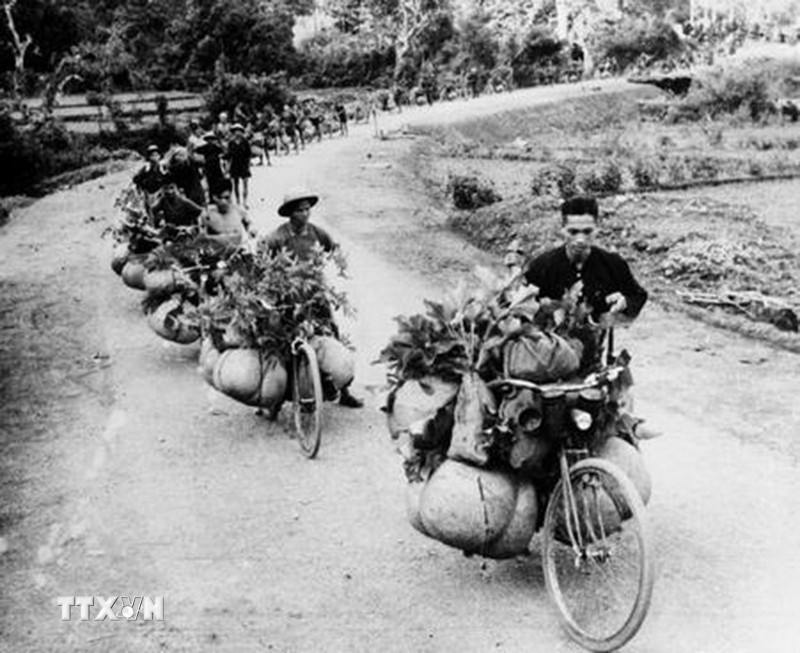
On the Nam Na route, the fishing girls of the Thao River still control over 100 fierce rapids day and night. On April 24, they brought 1,300 tons of rice out of the planned 1,700 tons to Lai Chau, exceeding the prescribed time.
The Commander-in-Chief sent a telegram of warm praise. The more excited we were, the more we worked hard to transport more and faster rice to the front so that our troops would have enough strength to fight for a long time.
Previously, a raft could only carry a maximum of 300 kg, but now the women have increased the load to 3.50 kg, and some rafts can carry up to 400 kg. Previously, they could only sail one trip per night, but now, despite enemy planes, they sail the raft day and night, increasing it to 2 trips per day to exceed the transport plan.
The motorbike taxi drivers are not inferior to the female porters. Mr. Van and Mr. Chi of the motorbike taxi company of Cau Bo town (Thanh Hoa) regularly maintain the weight of 320kg, while Mr. Cao Van Ty has raised his record to 325kg...
In that “iron horse army”, many cadres and employees of central agencies volunteered to do transportation. At first, they were still confused, but now they have become real soldiers in the “armed army”. They also carried up to 2.5 tons and sang: “ Hurry up, my friends on the motorbike/ The road to the front is not as fun/ Through the forest, through the mountains, through the mountains/ The motorbike crushes the enemy’s tanks ”.
TN (according to Vietnam+)Source



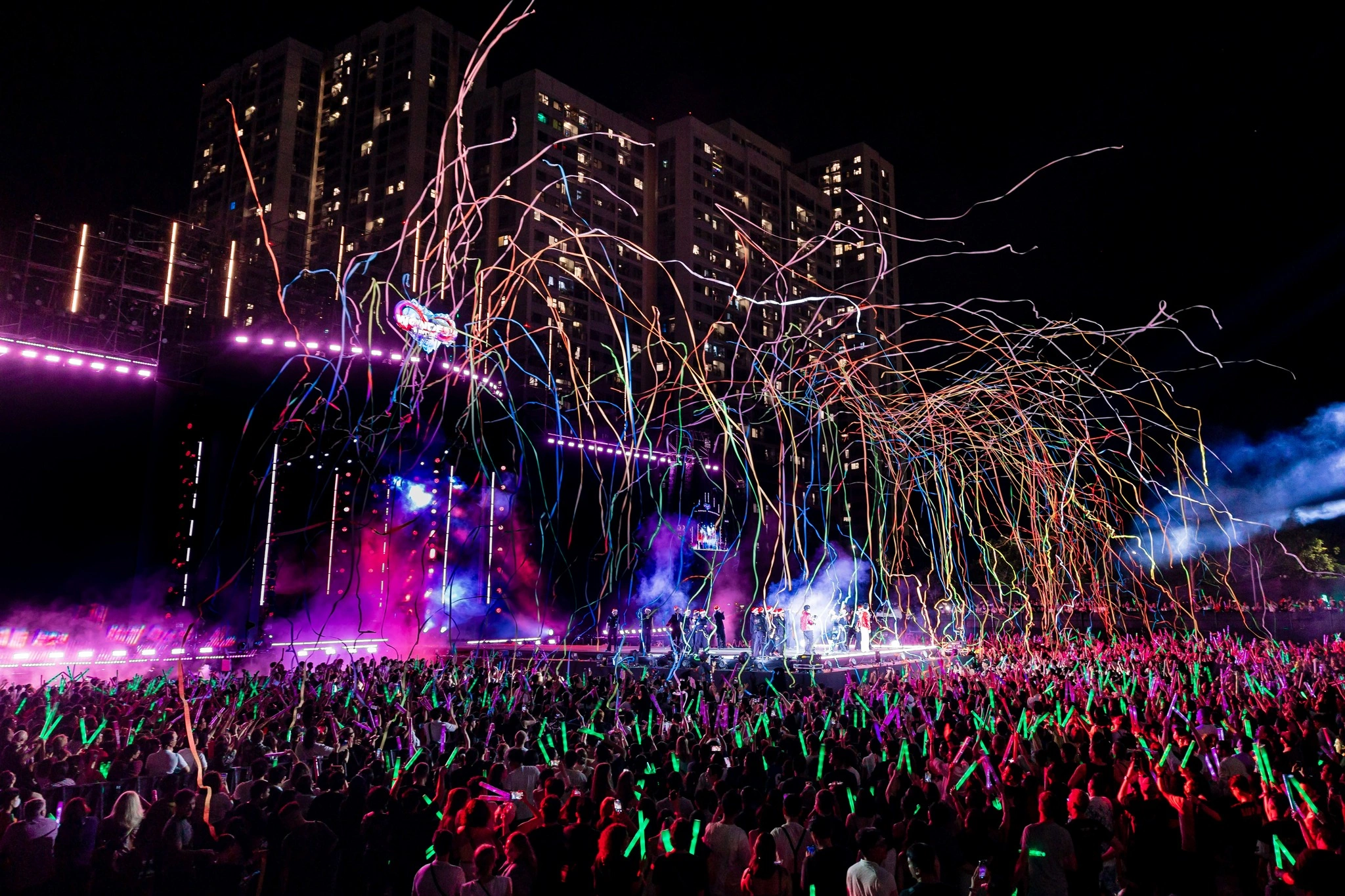

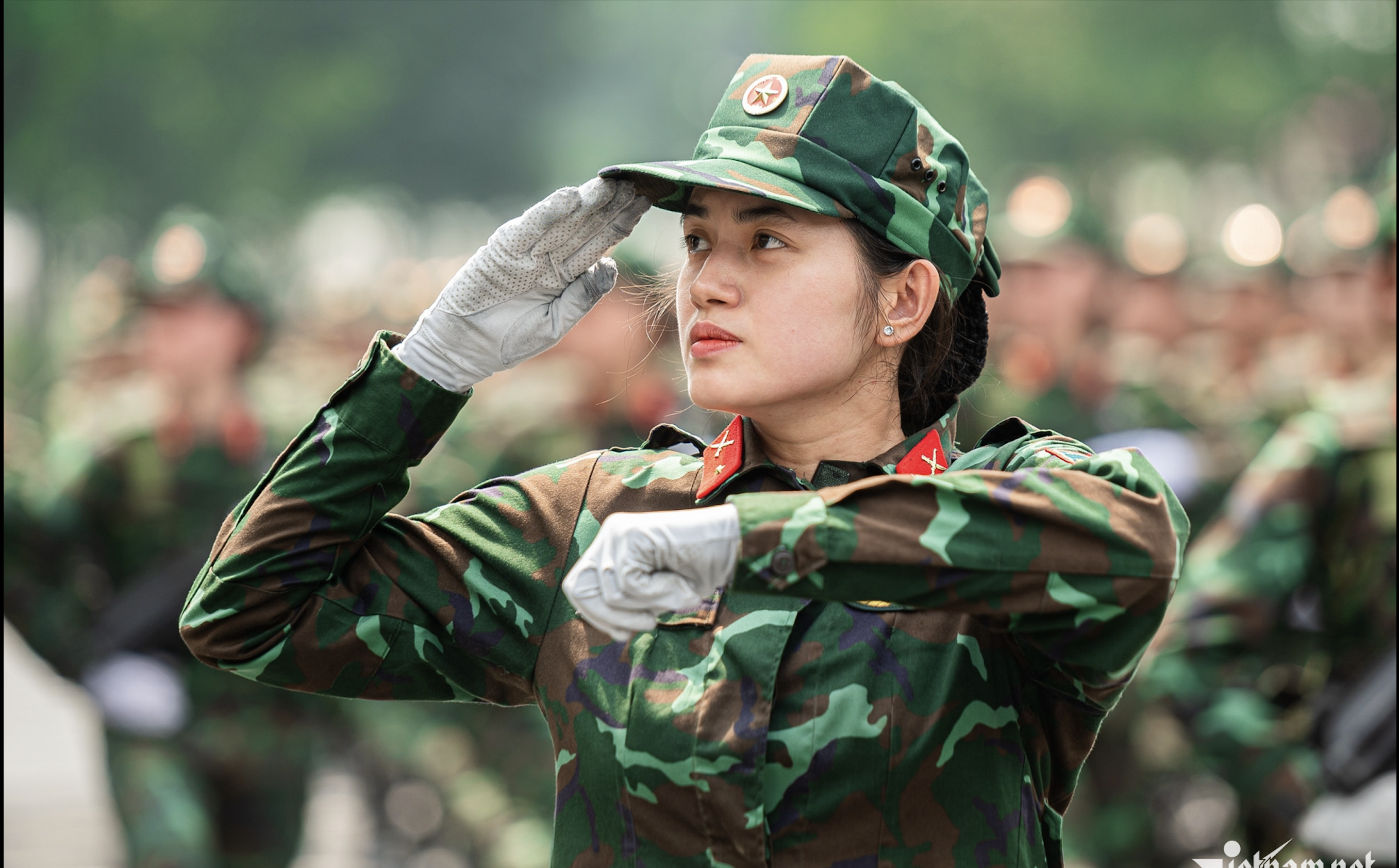
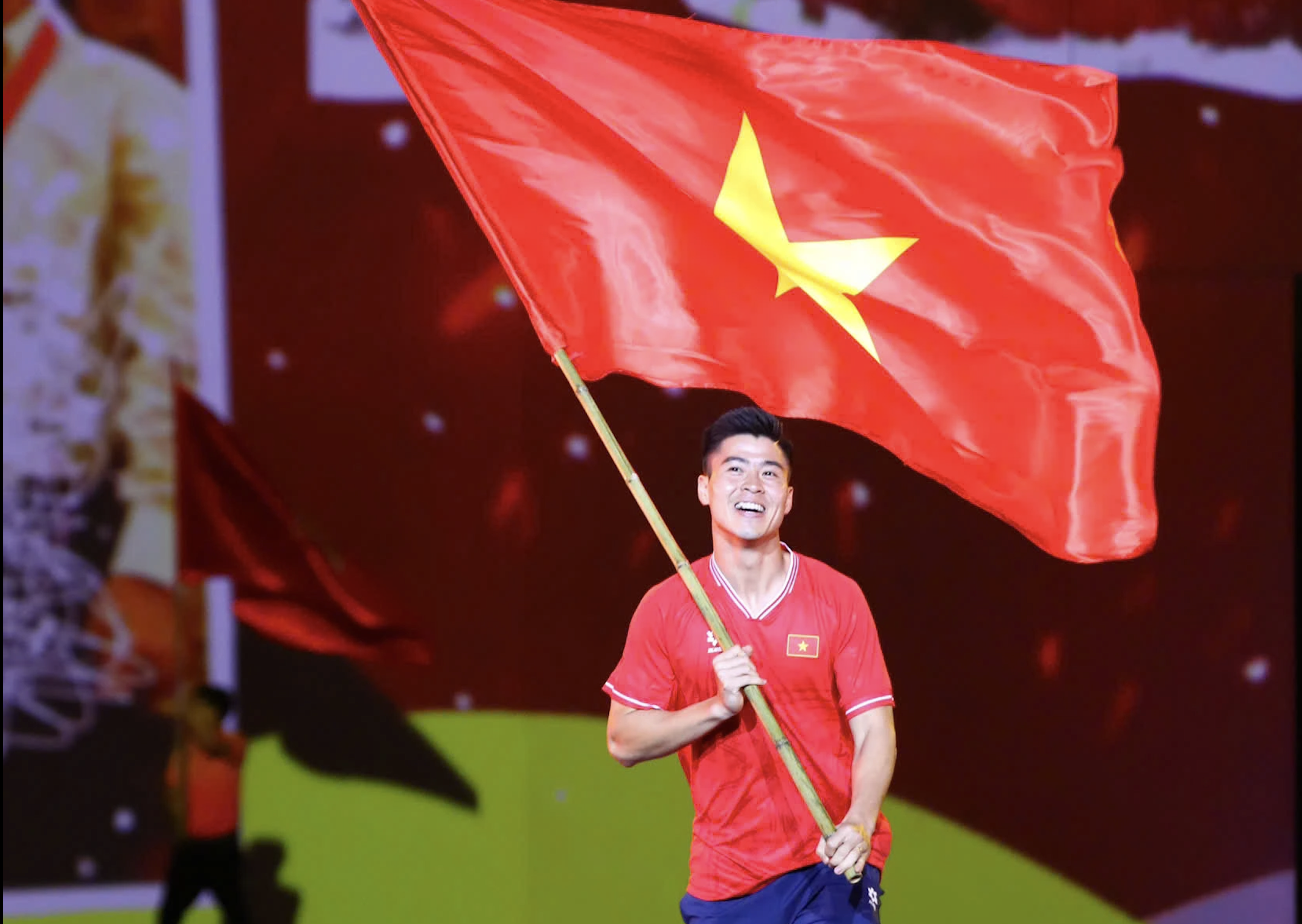


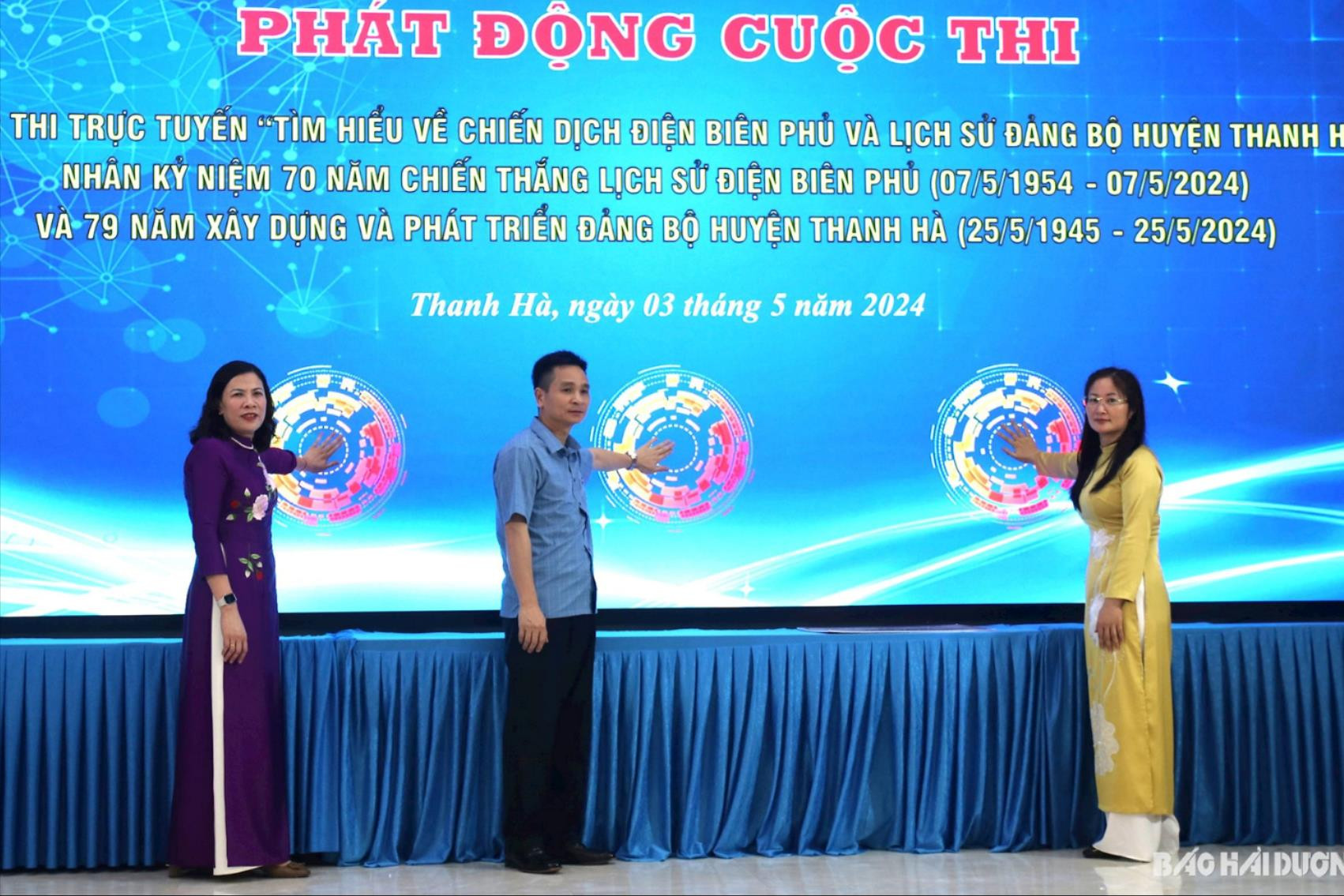
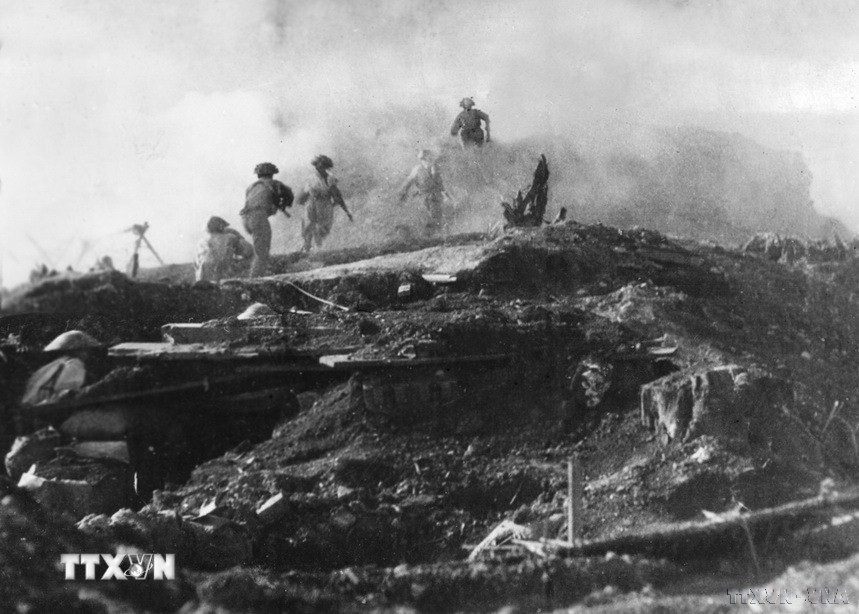
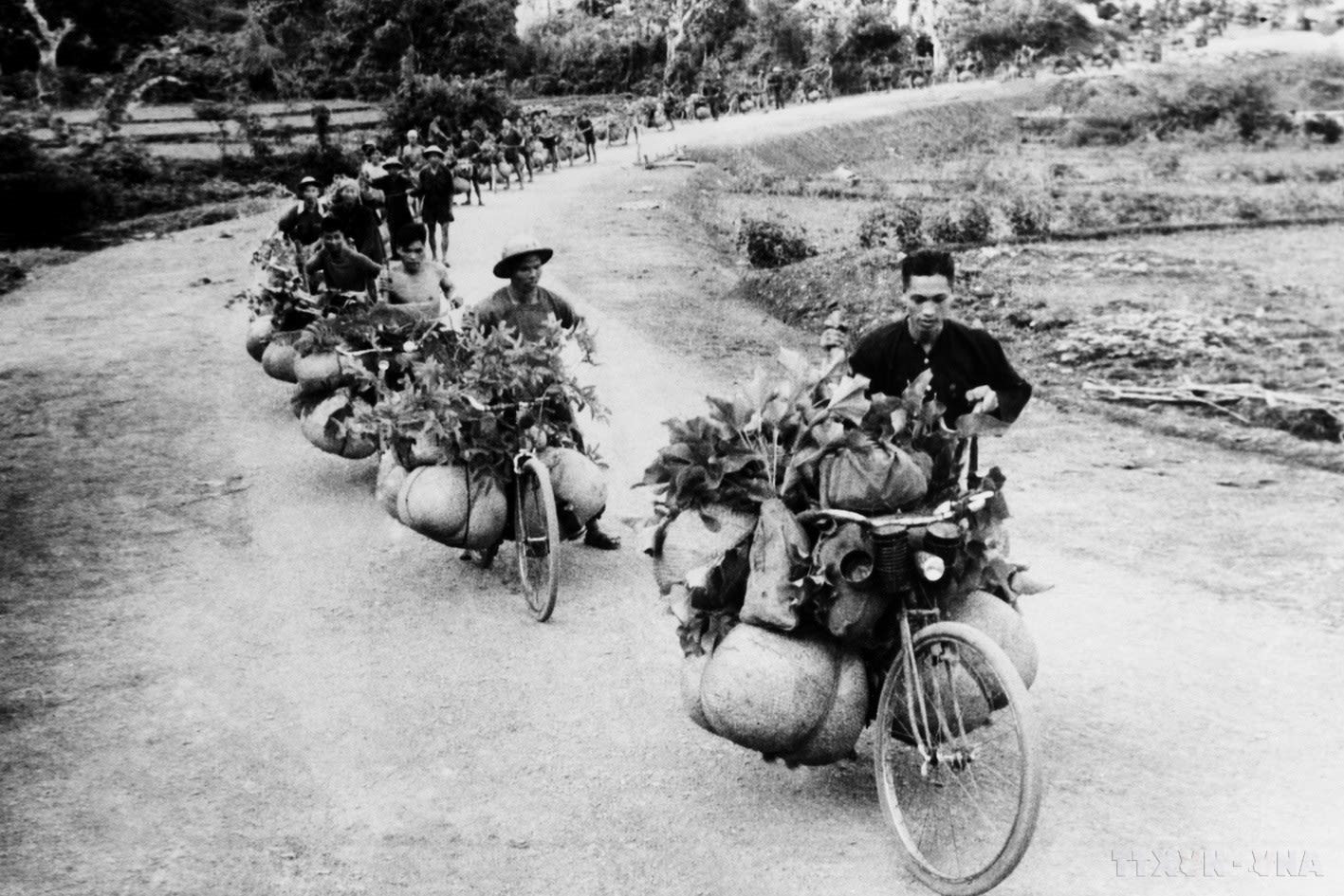
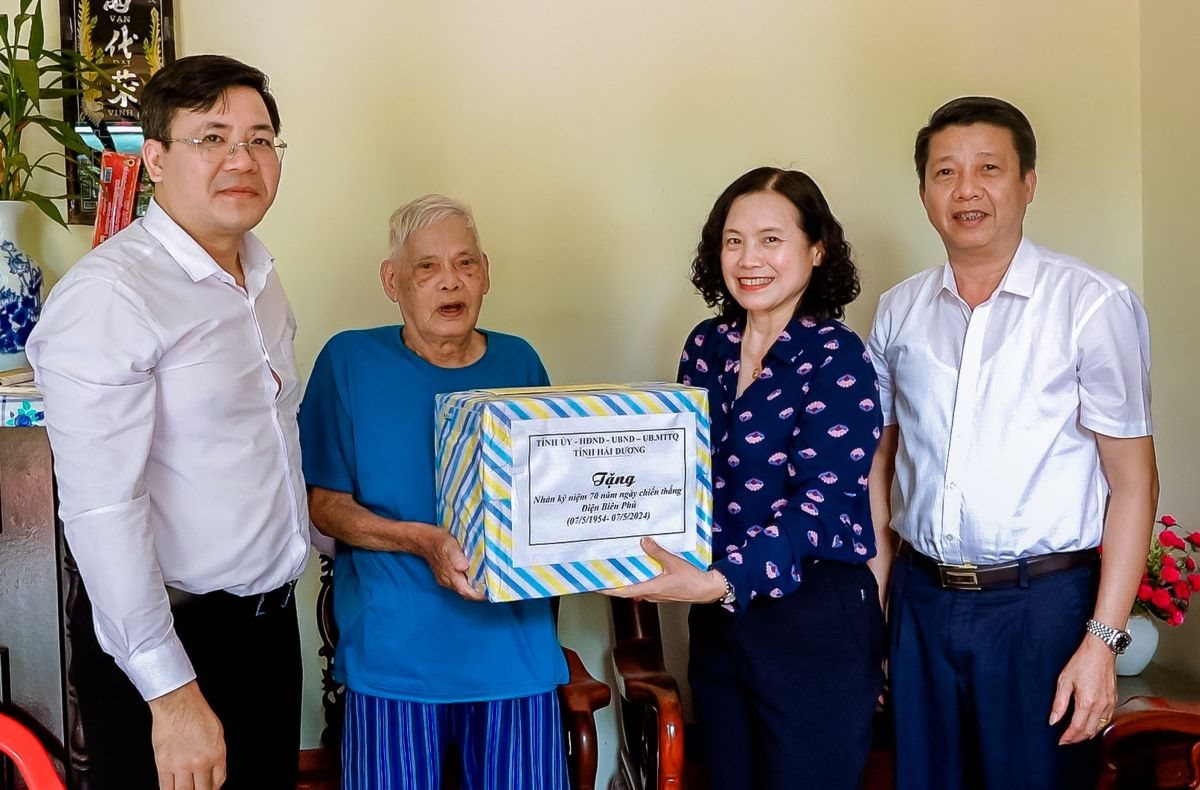
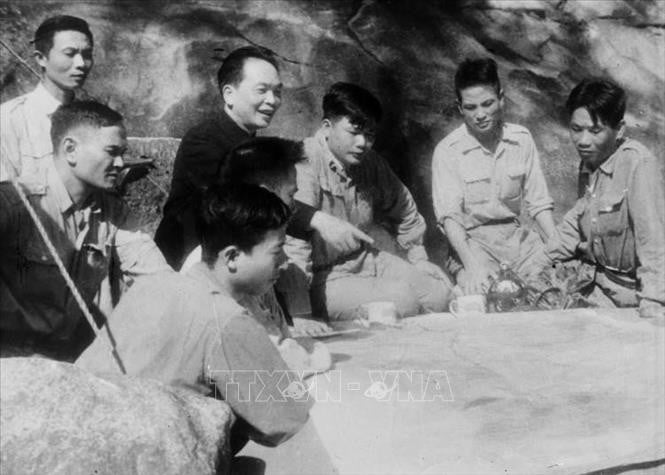
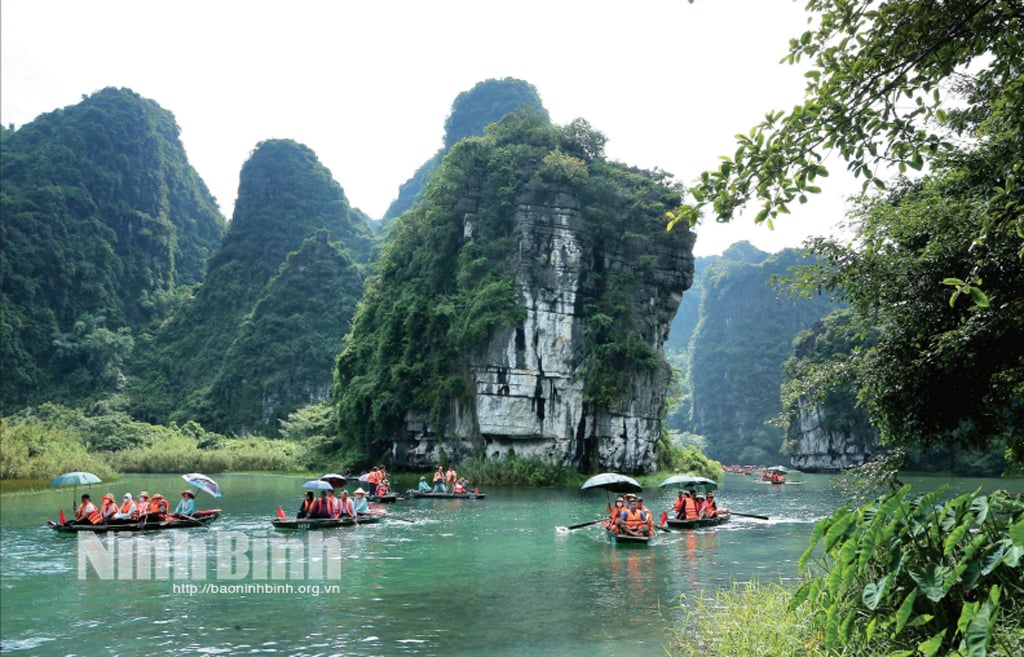






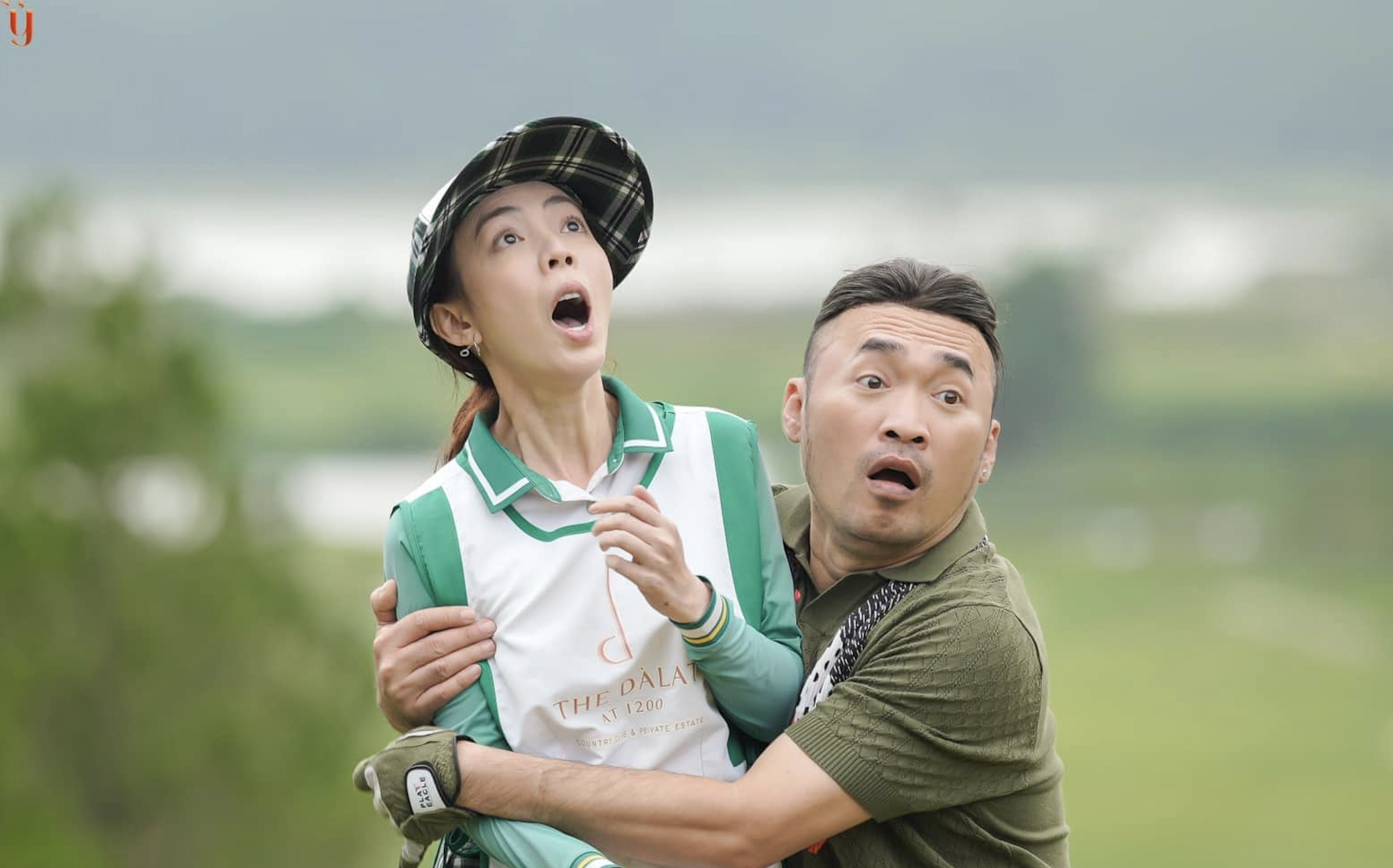
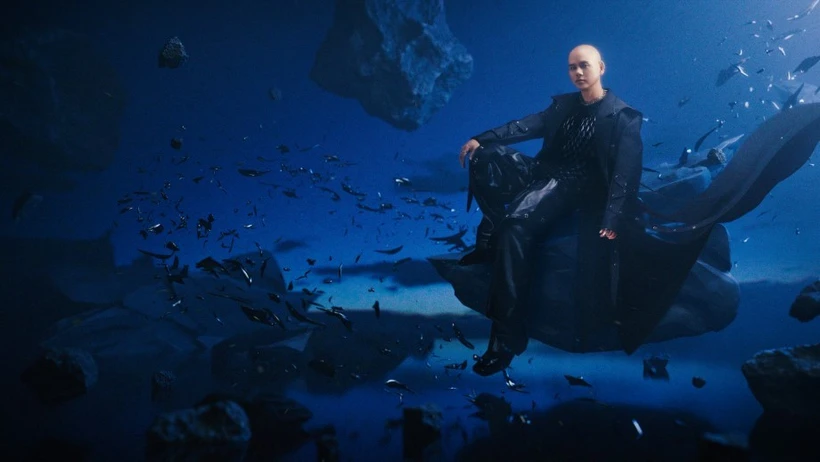
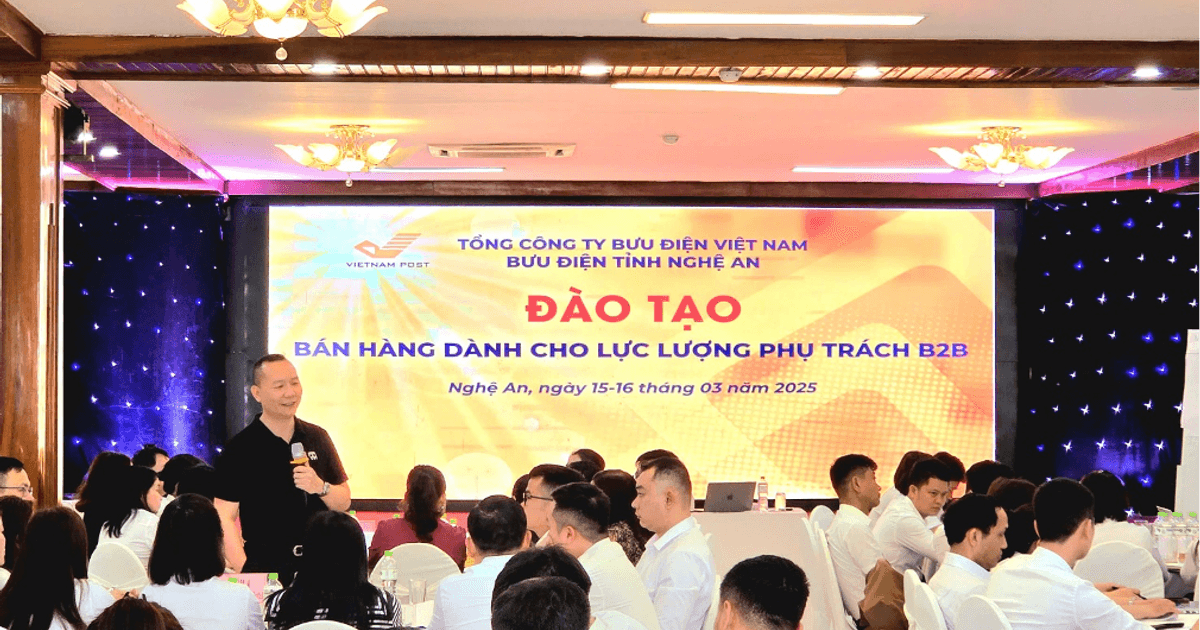



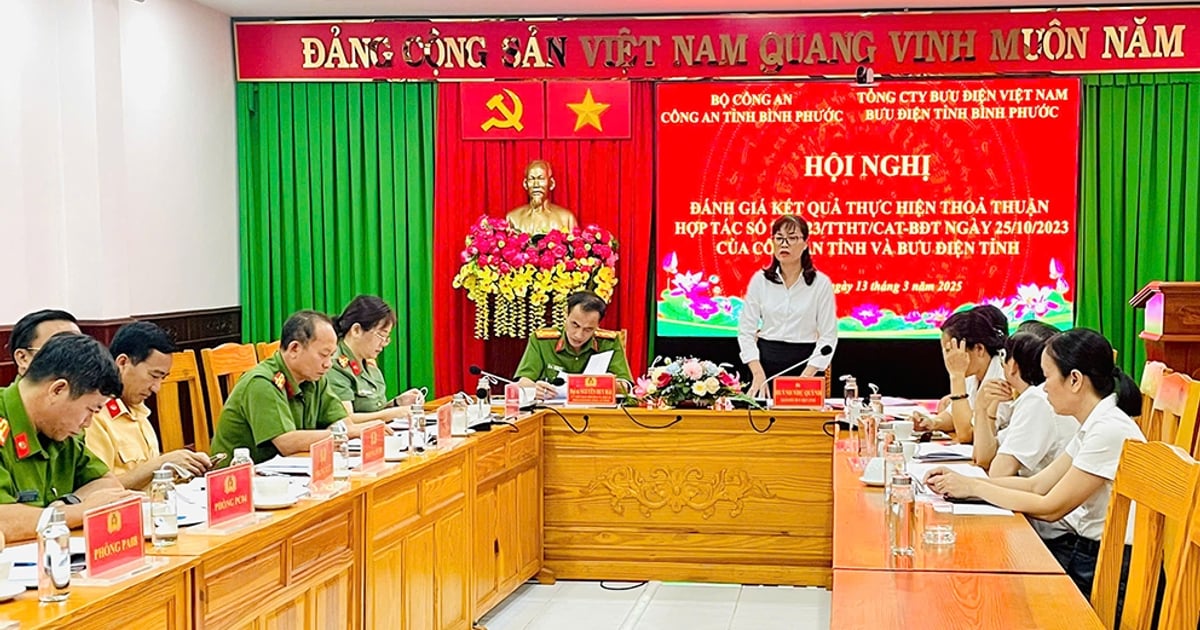

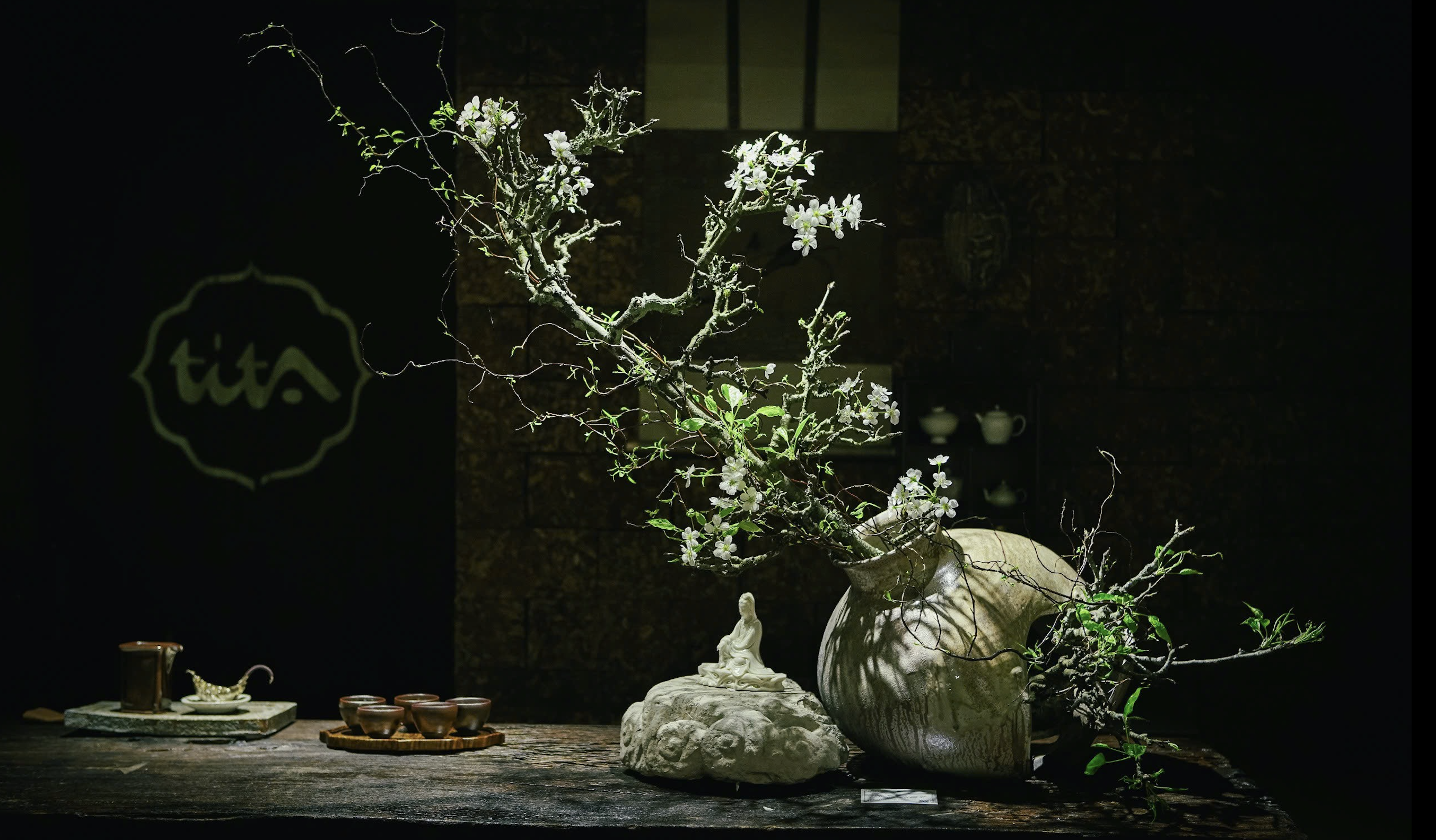
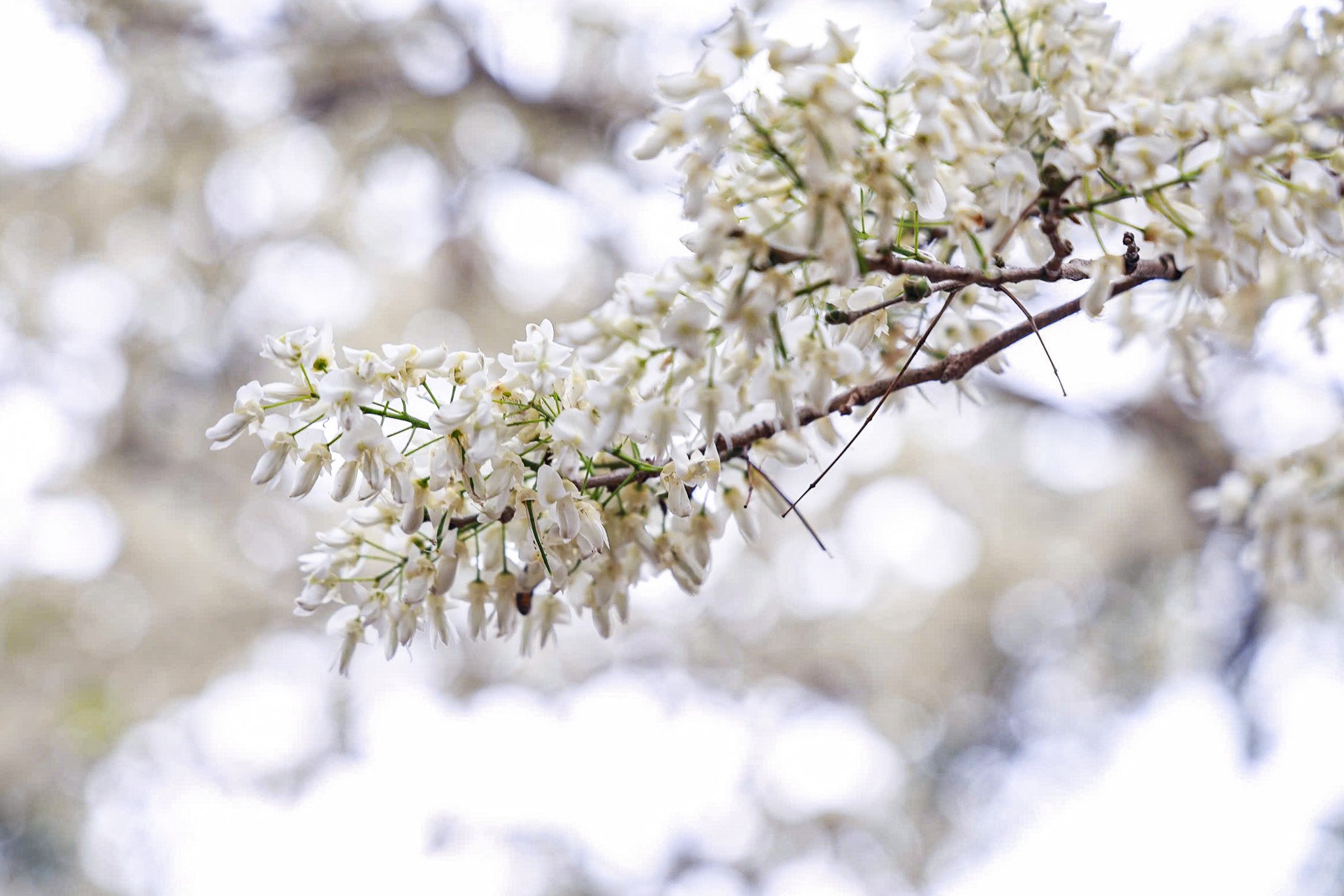


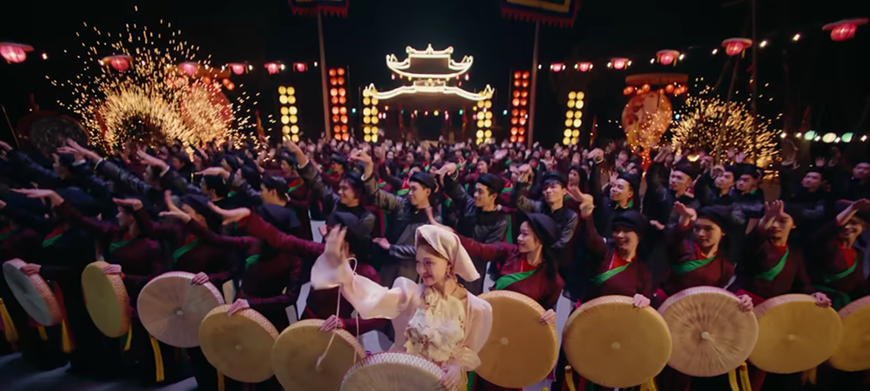

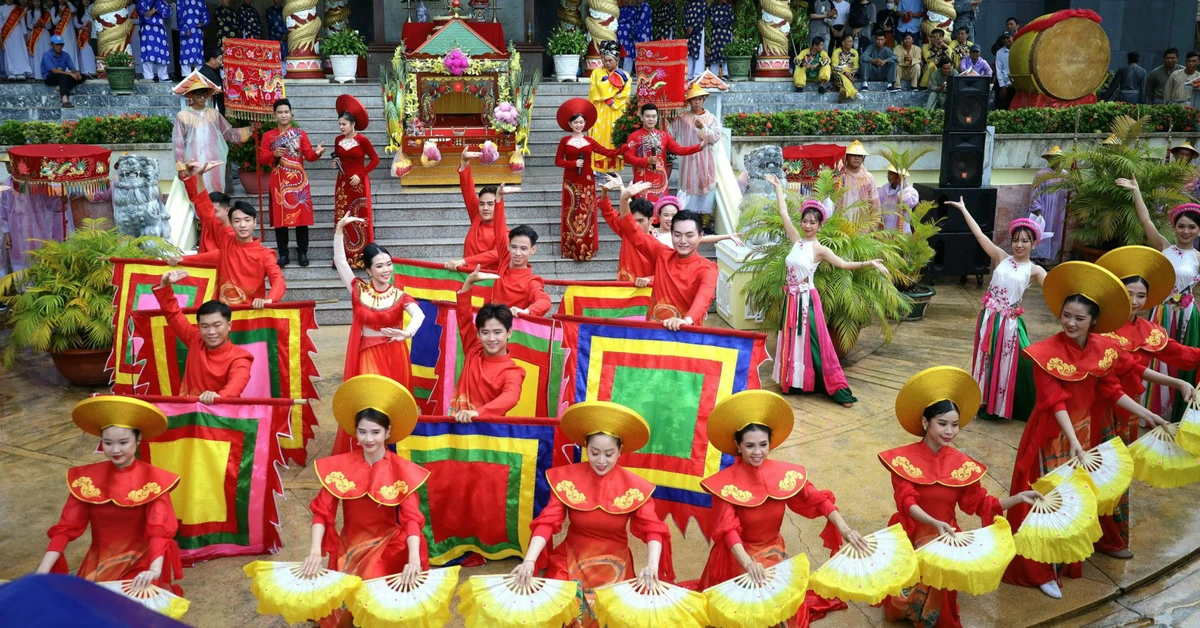

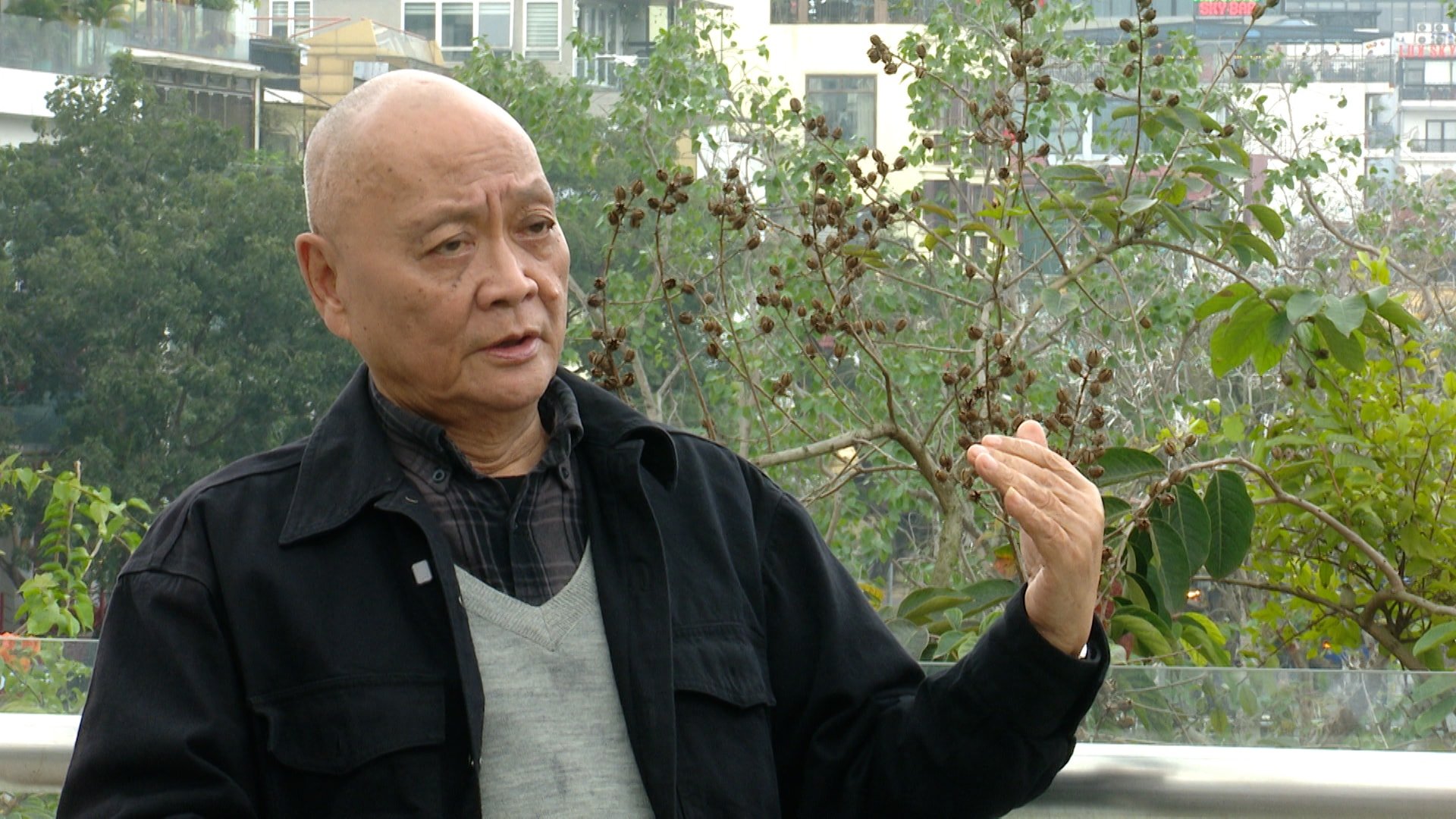

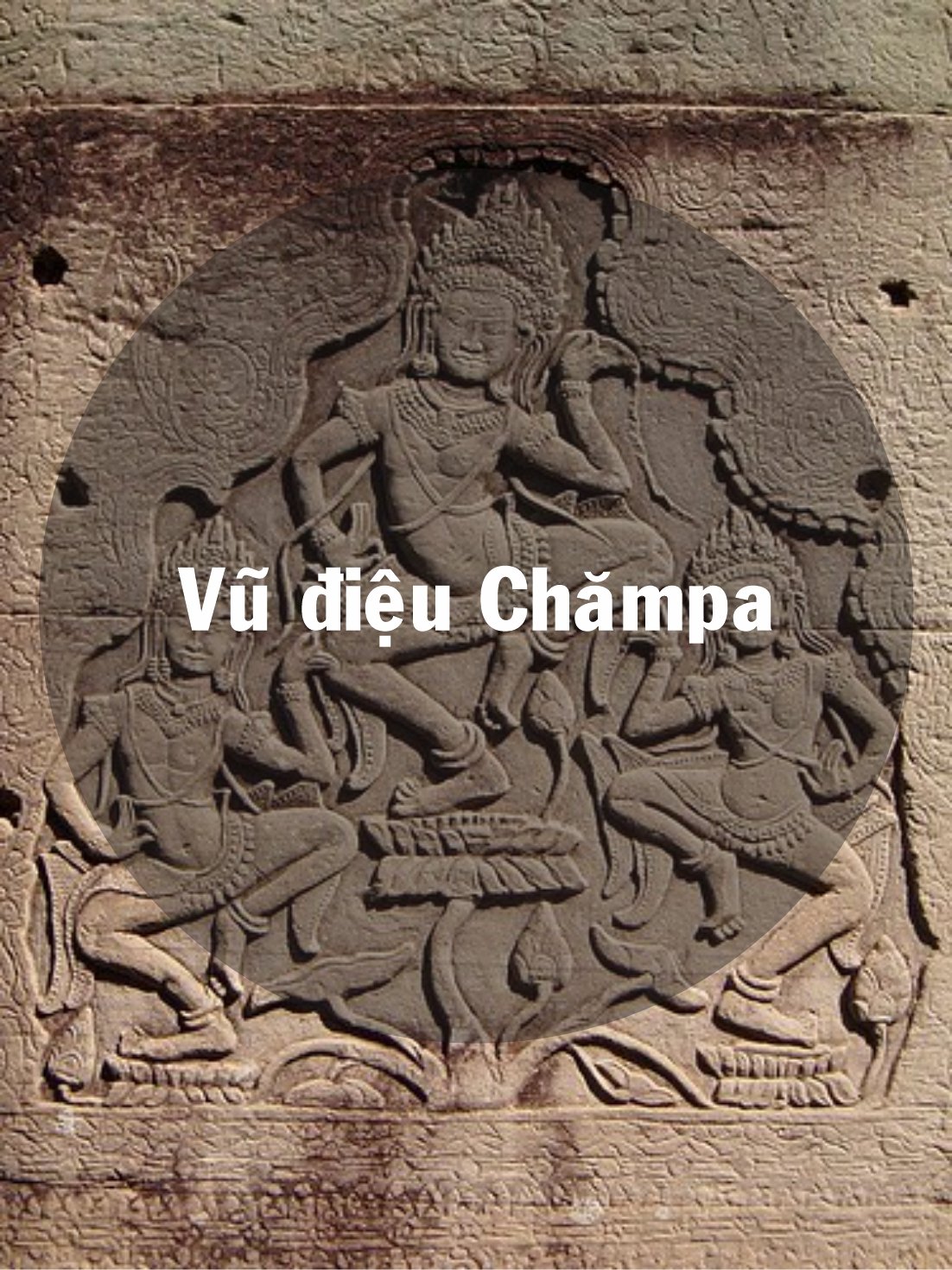


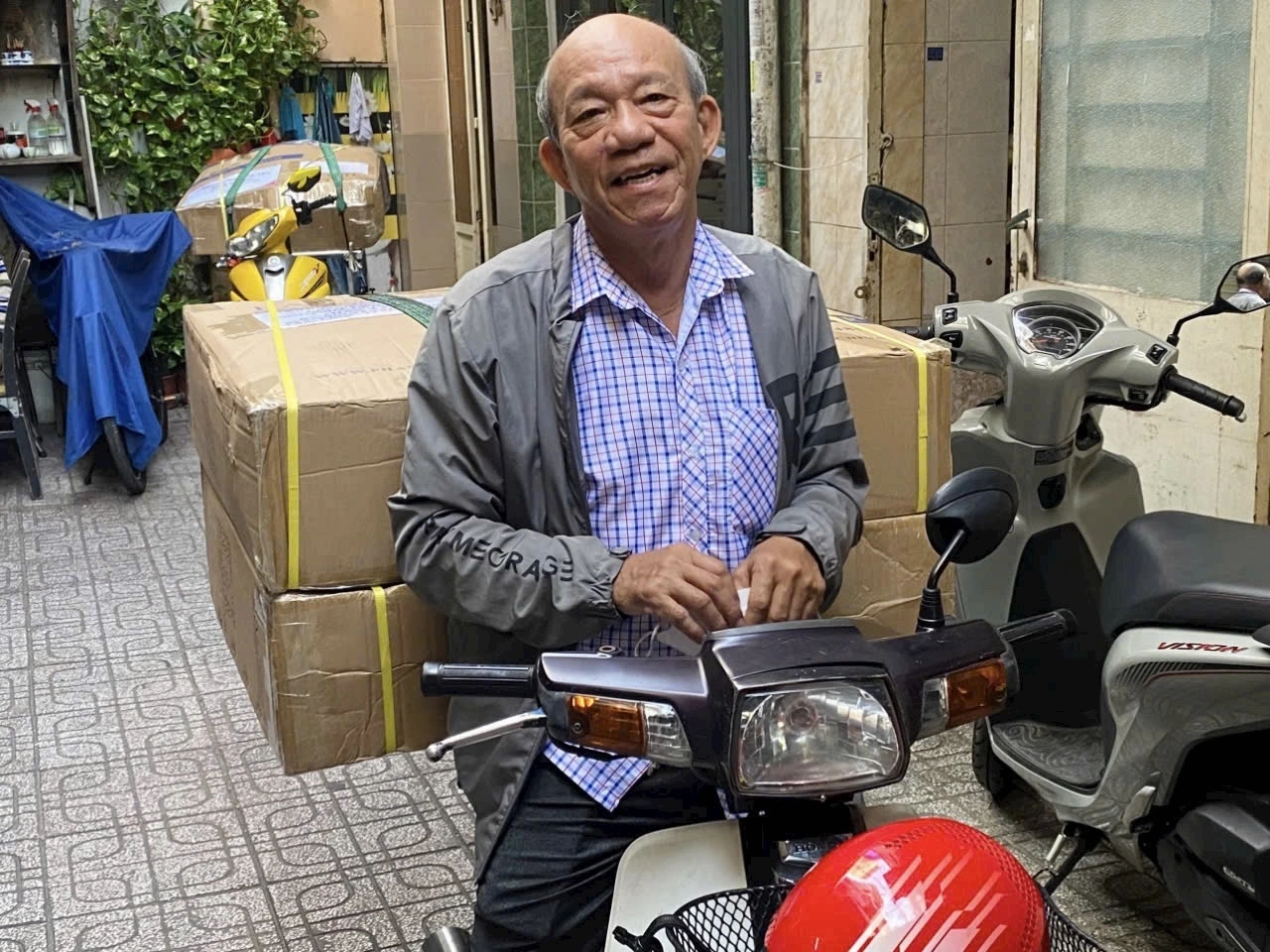



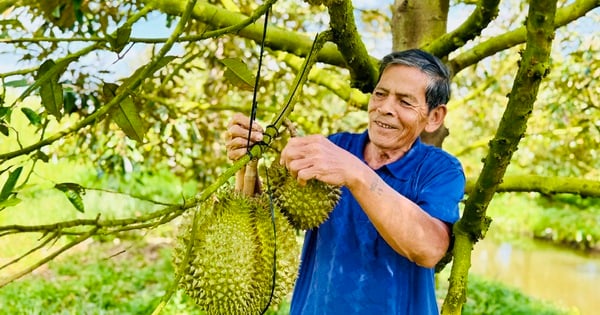

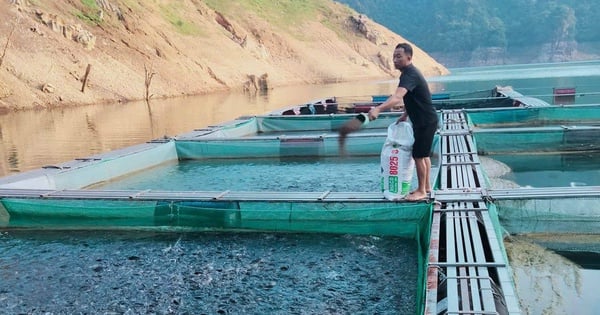
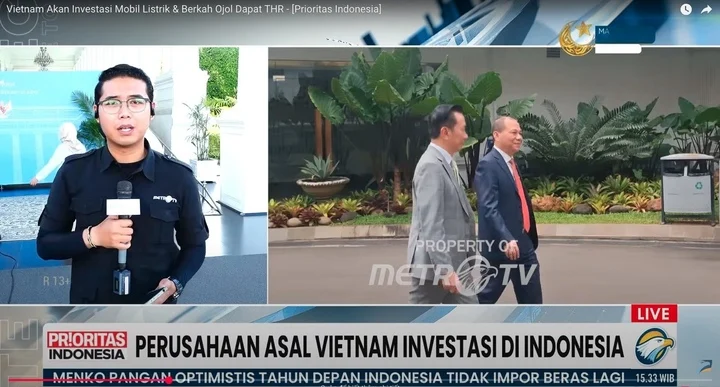

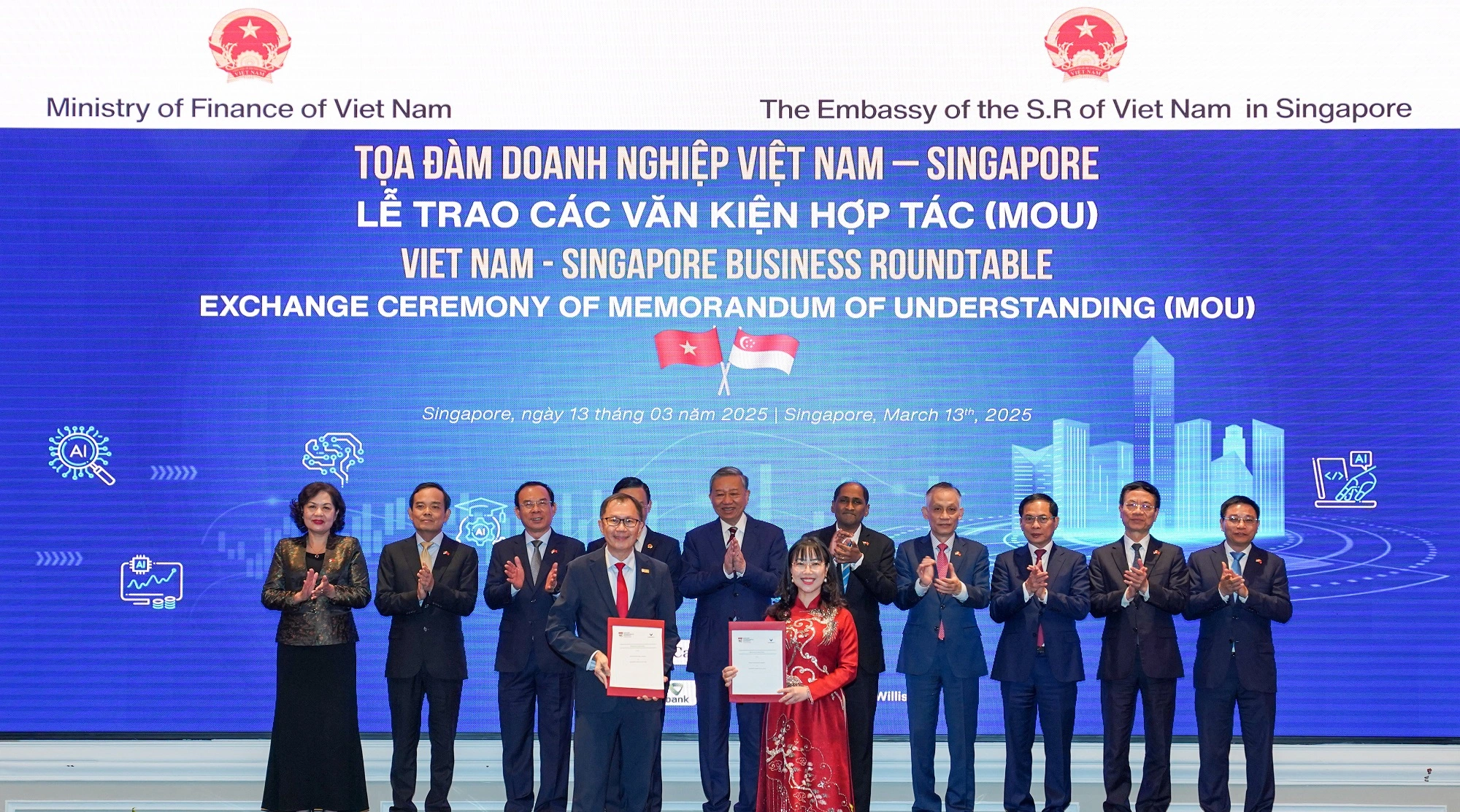







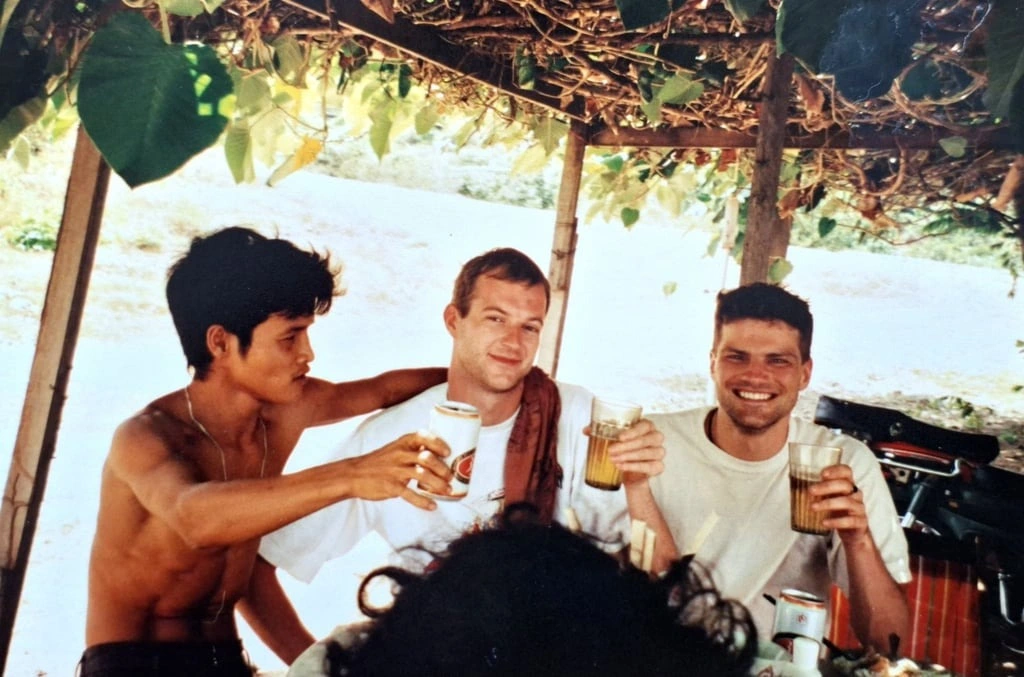
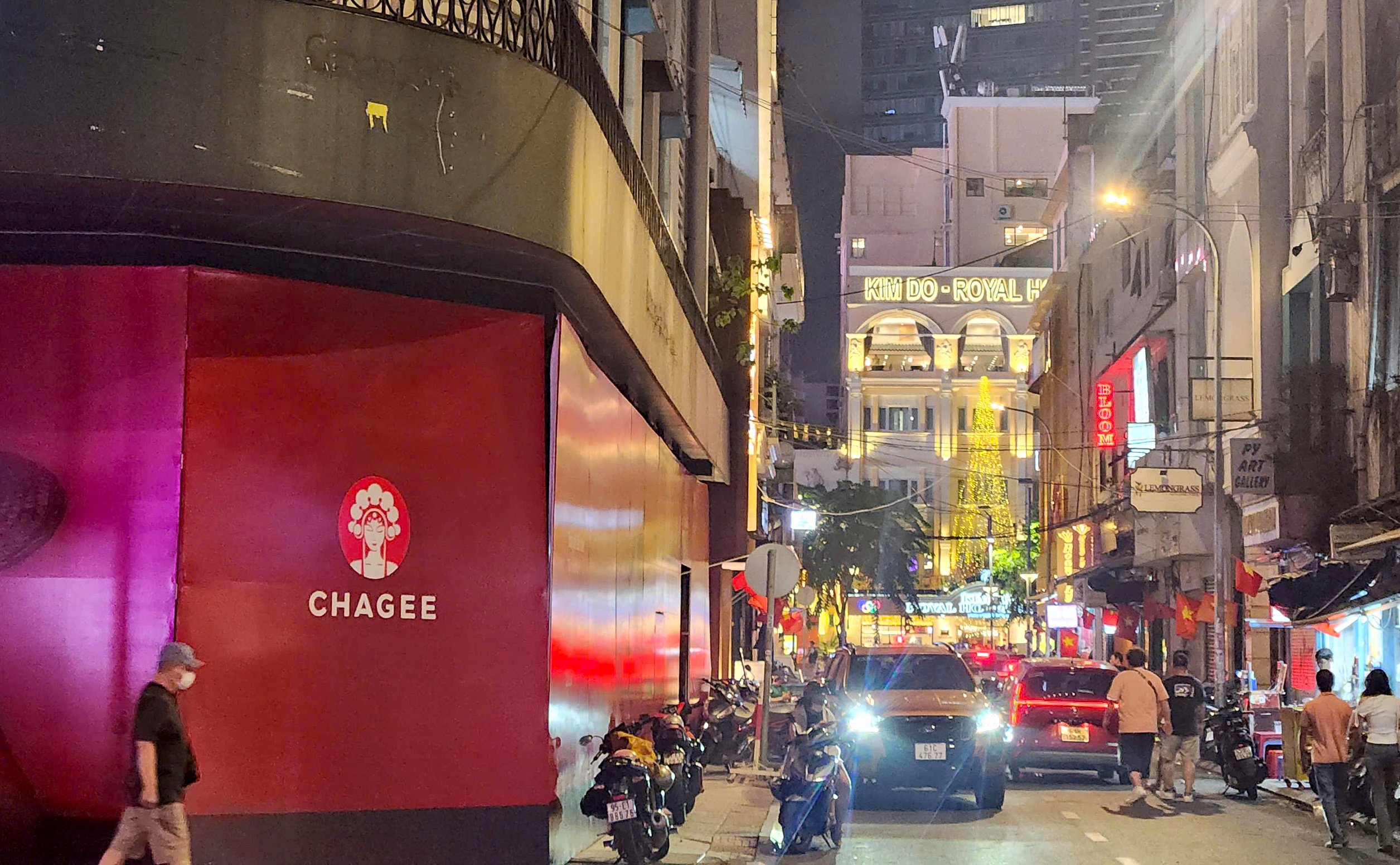
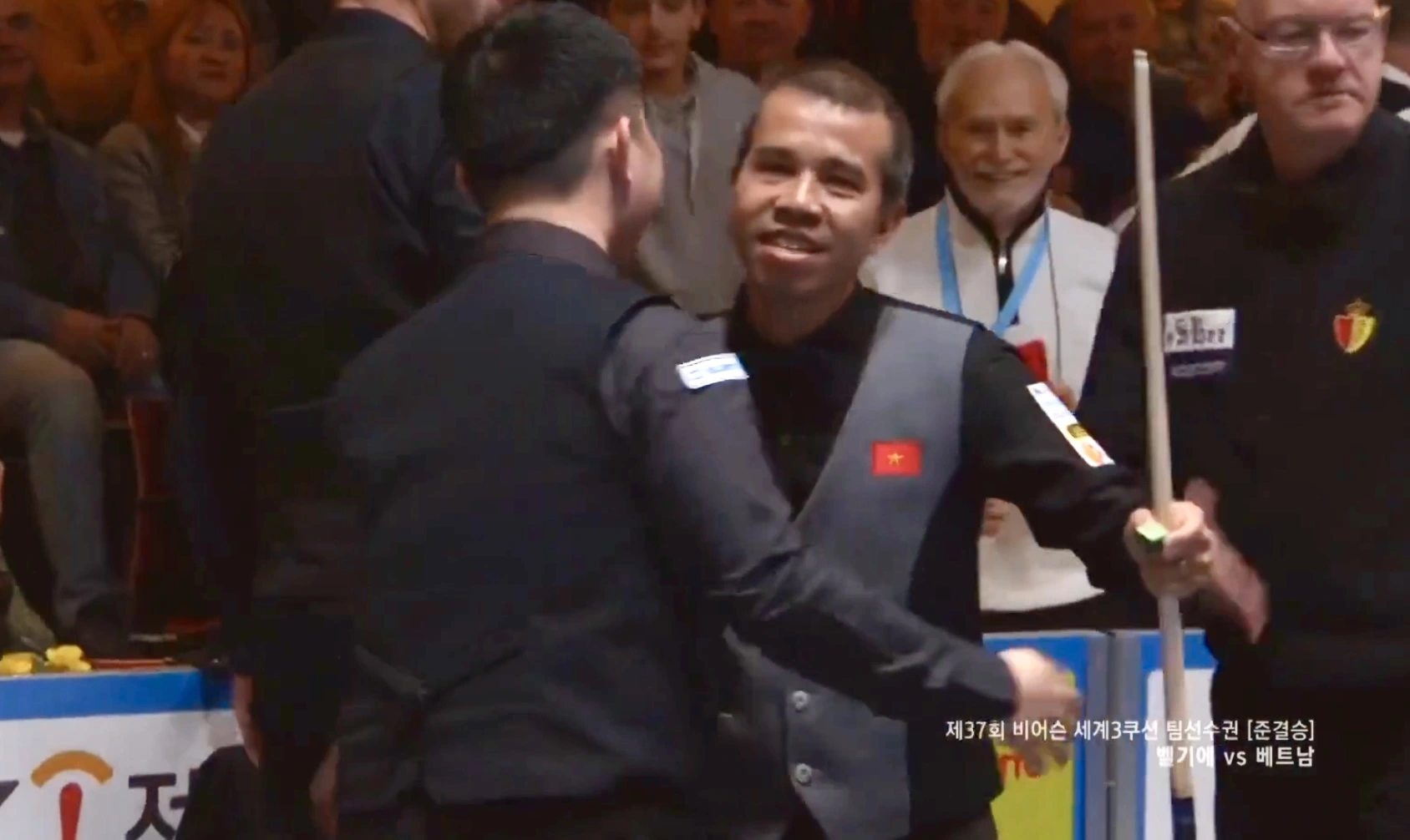
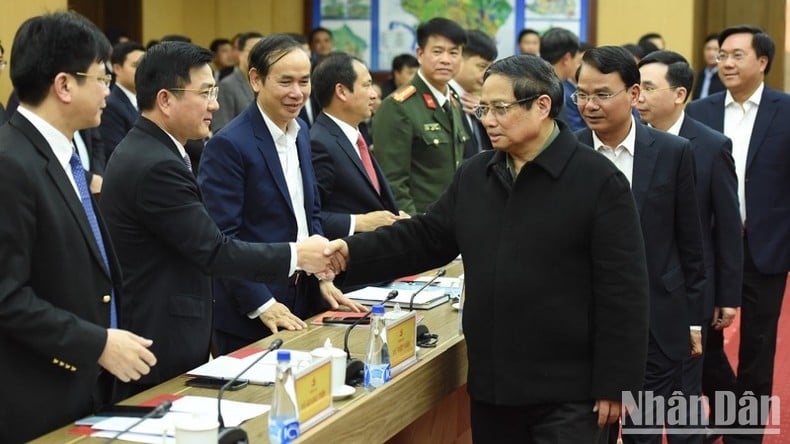

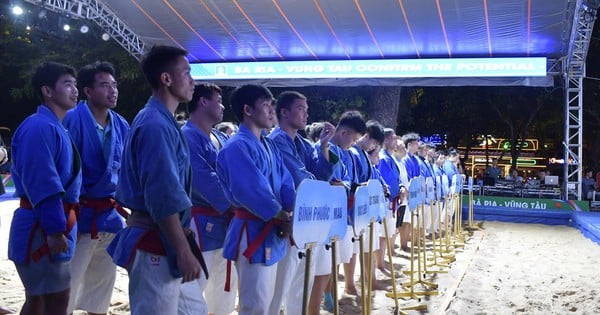

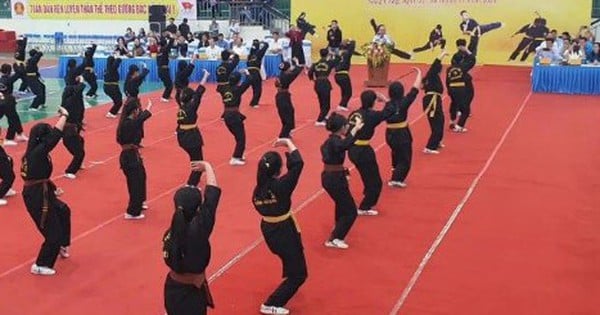
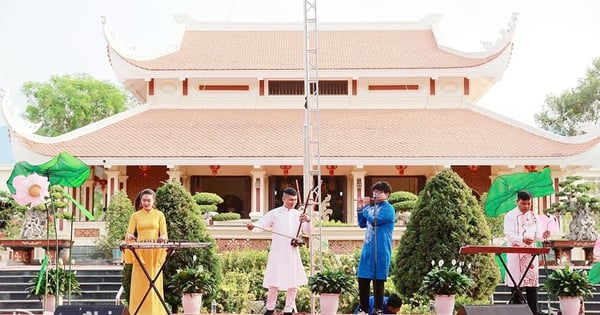
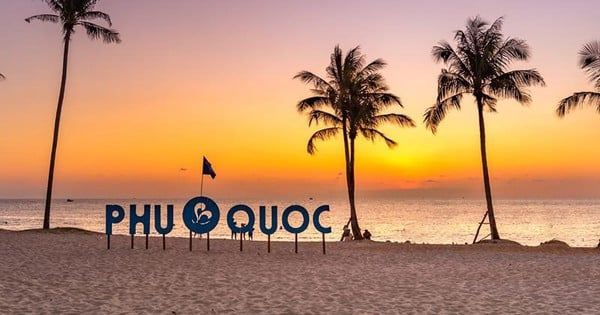
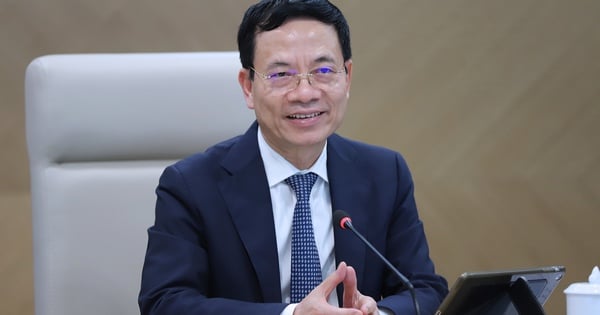




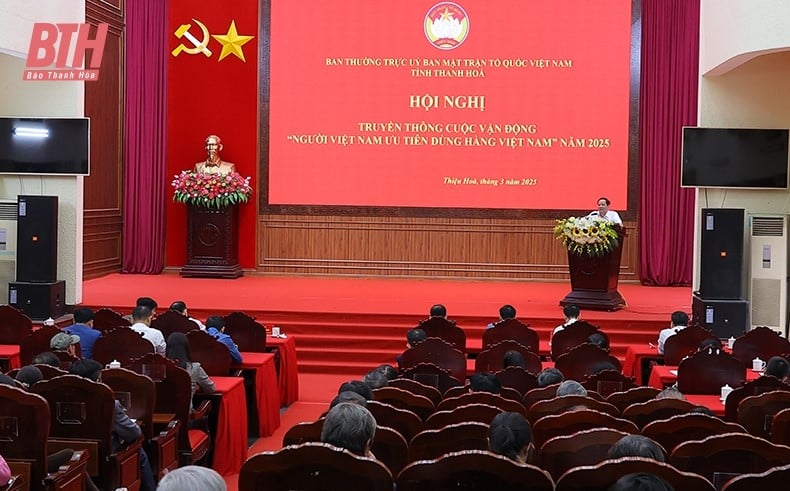


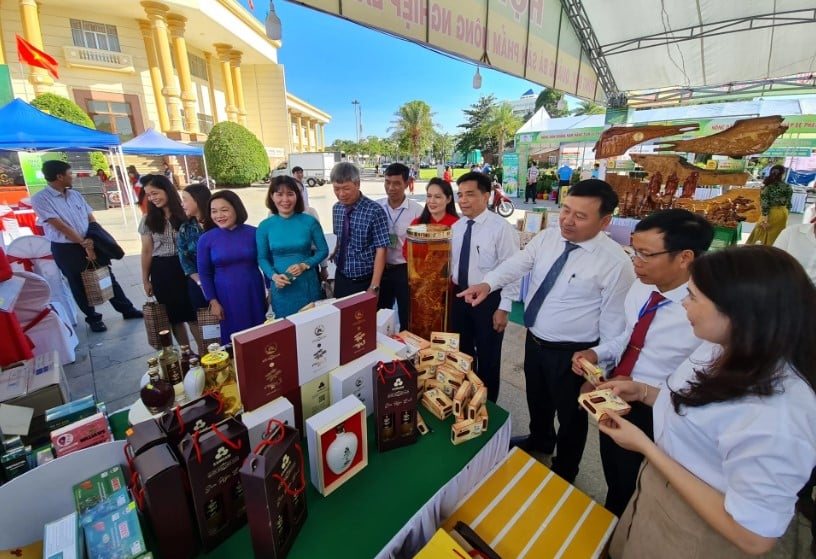


Comment (0)